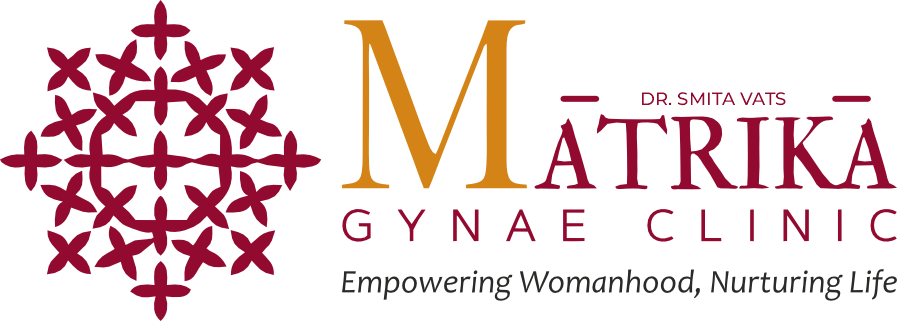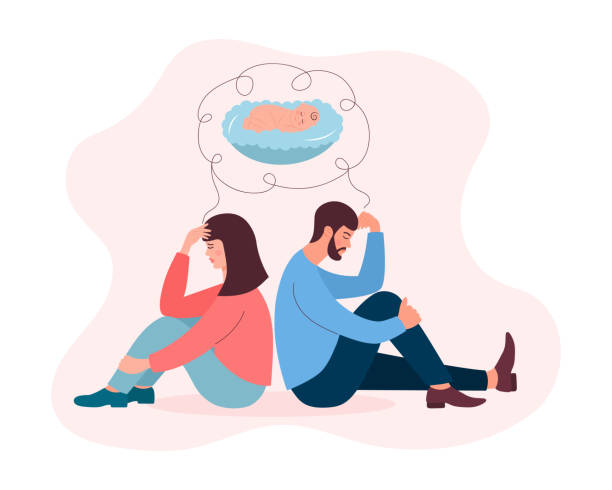For generations, women have been told that fertility is a ticking time bomb, that their ability to conceive would vanish overnight as soon as they turned 30. The pressure to have children before an arbitrary deadline has left many women feeling anxious, rushed, and even hopeless. While it is true that fertility declines with age, the reality is far more nuanced than the myths that have been passed down for years.
With advancements in reproductive medicine, deeper scientific understanding, and a greater awareness of lifestyle factors, more women today are successfully conceiving in their 30s and 40s than ever before. The key to making informed decisions about fertility is understanding what actually happens with age, what options exist, and how real women are navigating their reproductive journeys.
Let’s separate myths from facts and explore the science behind fertility at different life stages.
Myth 1: Fertility Drops Drastically at 30
Many women begin hearing warnings about their fertility the moment they hit 30. Priya, a 32-year-old consultant, remembers feeling panicked after a friend told her that her chances of getting pregnant would be cut in half by the time she turned 35.
But scientific data paints a different picture. While fertility does decline with age, it is a gradual process, not an immediate drop. Studies show that:
• Women in their early 30s have a 20% chance of conceiving per cycle, compared to 25-30% in their 20s.
• The decline becomes more pronounced after 37, but many women in their early to mid-30s conceive naturally without difficulty.
• Fertility is influenced by lifestyle, genetics, and overall health, meaning age alone does not determine the ability to conceive.
For women who want more insight into their reproductive health, a simple AMH (Anti-Müllerian Hormone) test can provide valuable information about ovarian reserve.
Myth 2: Getting Pregnant After 40 is Nearly Impossible
When 41-year-old Meera decided to try for a baby, she was met with skepticism. Even her doctor warned her that pregnancy after 40 would be extremely difficult. Yet, after eight months of trying, she conceived naturally.
While it is true that fertility declines significantly after 40, pregnancy is not impossible. A 2020 study published in Fertility and Sterility found that:
• Women aged 40-44 have a 5% chance of conceiving per cycle.
• Many women still conceive naturally in their 40s, though it may take longer.
• Assisted reproductive technologies, such as IVF, ovulation-inducing medications, and egg freezing, have dramatically improved success rates for women over 40.
Though conception may require more patience or medical support, countless women in their early 40s have healthy pregnancies and deliver without complications.
Myth 3: Your Egg Supply Runs Out by 35
Women are born with a finite number of eggs, and this number does decline over time. However, the belief that eggs “run out” by 35 is misleading.
What matters most is egg quality, not just quantity. Research shows that:
• By 35, about 60-70% of a woman’s eggs are still genetically normal.
• By 40, this number drops to around 40%, increasing the chances of chromosomal abnormalities.
• Even at 45, many women still have eggs left, though their viability may be lower.
For those considering preserving their fertility, freezing eggs before 35 offers the best chance of success later. However, many women in their late 30s and early 40s still conceive naturally.
Myth 4: IVF Always Works for Women Over 40
Anita, 42, turned to IVF after struggling to conceive naturally. She assumed that because IVF is a medical intervention, it would guarantee success. However, after two failed cycles, she was devastated.
IVF is a powerful tool, but it is not a magic solution. Success rates depend on age, egg quality, uterine health, and overall lifestyle.
• The live birth rate per IVF cycle for women aged 38-40 is about 25%.
• By 41-42, this drops to 10-15%.
• After 43, the success rate using a woman’s own eggs is below 5%.
Egg donation significantly boosts success rates, with pregnancy rates of 60-70% for women over 40 using donor eggs.
Myth 5: A Healthy Lifestyle Can Reverse Age-Related Fertility Decline
Sonali, a 39-year-old fitness coach, lived a disciplined lifestyle—clean eating, daily exercise, and stress management. She assumed this would counteract age-related fertility decline, but she still struggled to conceive.
While a healthy lifestyle optimizes fertility, it cannot completely reverse aging. However, research shows that:
• A Mediterranean diet, rich in antioxidants and healthy fats, improves fertility and supports egg health.
• Moderate exercise (about 150 minutes per week) improves reproductive outcomes, while excessive exercise can negatively impact ovulation.
• Reducing stress through yoga and meditation may improve fertility, but it cannot restore lost egg quality.
Lifestyle choices should be seen as enhancements, not replacements for medical fertility support when needed.
Myth 6: Men’s Fertility Doesn’t Decline with Age
Fertility discussions often focus solely on women, but male fertility declines with age too.
• Sperm motility and morphology begin decreasing around age 40.
• Older fathers have an increased risk of genetic mutations in sperm, leading to higher risks of autism and schizophrenia.
• Conception times increase when the male partner is over 45.
Men should also prioritize reproductive health, including diet, exercise, and medical screenings.
Myth 7: Freezing Eggs Guarantees a Future Pregnancy
Egg freezing is an incredible advancement in reproductive medicine, but it is not a guarantee. Success depends on when the eggs were frozen.
• Eggs frozen before 35 have a 60-70% success rate when used later.
• Eggs frozen after 38 show lower success rates due to declining quality.
Women considering egg freezing should consult with a reproductive specialist to understand their individual fertility profile and success probabilities.
How to Optimize Fertility in Your 30s and 40s
Whether actively trying to conceive or simply planning ahead, here are key steps women can take:
• Regular Fertility Testing: Check AMH, FSH, and LH levels for ovarian reserve insights.
• Balanced Diet: Eat foods rich in antioxidants, omega-3s, and whole grains.
• Moderate Exercise: Aim for 150 minutes per week, avoiding over-exercising.
• Manage Stress: Incorporate mindfulness practices like yoga and meditation.
• Preconception Supplements: Consider folic acid, Vitamin D, and CoQ10.
• Limit Caffeine & Alcohol: Stick to less than 200 mg of caffeine per day.
• Prioritize Sleep: Maintain 7-8 hours of quality sleep for hormonal balance.
Conclusion: Knowledge is Power
Fertility is a deeply personal journey, and no single rule applies to every woman. While age is a factor, it does not dictate destiny. With greater awareness, medical advancements, and proactive planning, many women in their 30s and 40s are successfully having children.For those considering pregnancy, the best first step is to consult a reproductive specialist. Knowing where you stand today empowers you to make the best choices for your future.


